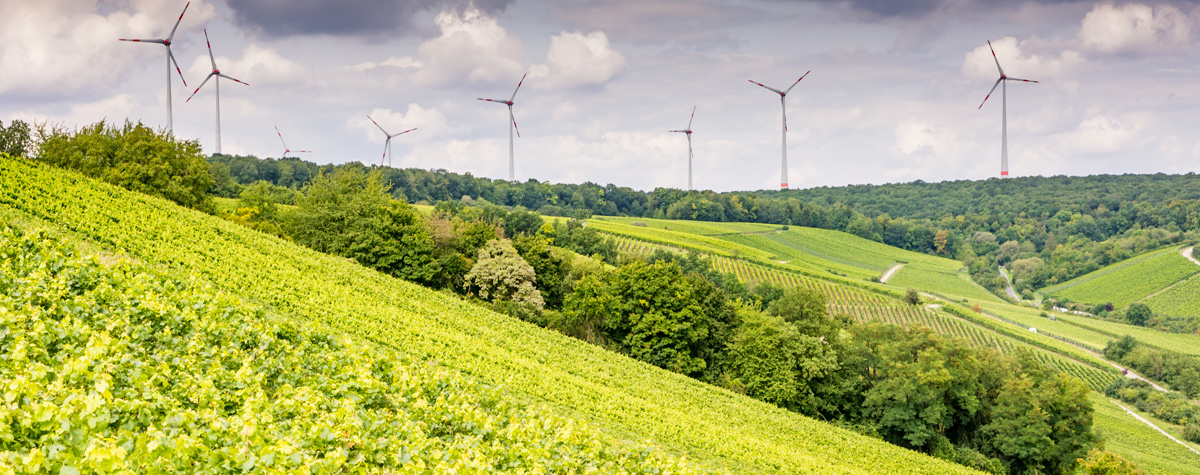A new international study of small- to medium-sized wineries and vineyards shows that the more sustainability practices a winery has in place, the better its financial performance.
This is due to operational efficiencies and improved competitiveness.
Operational efficiencies include:
- Reducing waste of materials in a vineyard or winery by attaching water, electricity and emission monitors, etc;
- Using fewer materials in the production process (eg. packaging);
- Using recyclable materials in packaging;
- Using lightweight packaging (so there is less weight to carry in trucks when distributing);
- Coordinating distribution to minimise trips needed by trucks (less fuel and reduced emissions);
- Taking fewer trips into the vineyard with a tractor (minimising fuel consumption and emissions, and reducing soil compaction).
Using sustainability practices to differentiate from competitors includes:
- Branding wine as ‘green’ or ‘sustainable’;
- Joining a sustainability certification programme to authenticate the product’s green credentials (eg. an organic or biodynamic body);
- Using recyclable materials (versus a competitor that does not).
‘Sustainability is positively associated with profitability’“We found that, consistent with previous studies, sustainability is positively associated with profitability,” said Beverly Tyler, a professor of management, innovation and entrepreneurship at North Carolina State University who co-authored the paper. “What’s new is that we found that perceived pressure from competitors drives up that effect. Specifically, we found that competitive pressure makes business managers focus on maximizing the value that they get from their existing sustainability measures.
“When there is less perceived pressure, wineries appear to feel less pressure to maximise the value of their sustainability practices; there's still a benefit, but it's less pronounced.”
The researchers also found that companies perceiving less competitive pressure were more likely to adopt new sustainability practices.
“This is because wineries felt they had the financial wiggle room to take calculated risks, and perceived sustainability as an opportunity to set themselves apart from their competitors or reduce their long-term operating costs,” Tyler (below) added.
The work stems from an analysis of data collected from managers at 289 wineries and vineyards in France, Italy, the United States and Denmark. It was designed to add to the understanding of why some small- and medium-sized businesses in fragmented industries, like wine, are not investing in sustainability, even though it contributes to profitability.
“Basically, businesses in fragmented industries that feel threatened by competitors are scared to invest their limited resources in sustainability. However, the study also highlights the advantages associated with having sustainable practices in place when competition is fierce,” Tyler said.
The paper, SME Managers' Perceptions of Competitive Pressure and the Adoption of Environmental Practices in Fragmented Industries: A Multi-Country Study in the Wine Industry, is published in the journal Organization & Environment.
The main ‘sustainable’ practices in wineries in the study
- Protecting the natural environment
- Redesigning packaging to be more eco-friendly
- Assessing the lifecycle of products
- Improved efficiency regarding transportation and fossil fuel use
- Recycling packaging
- Restoration of natural habitats











.png)









